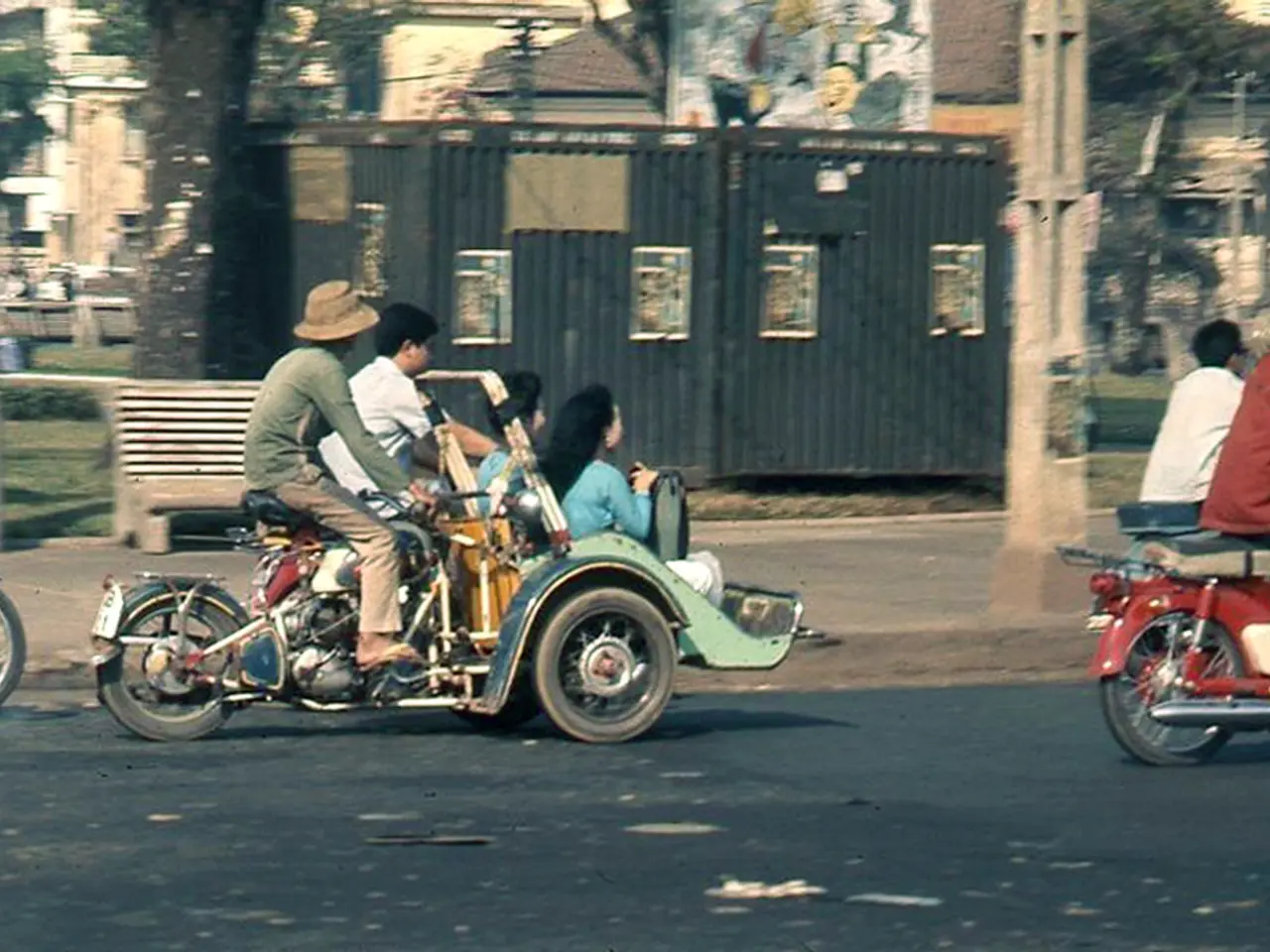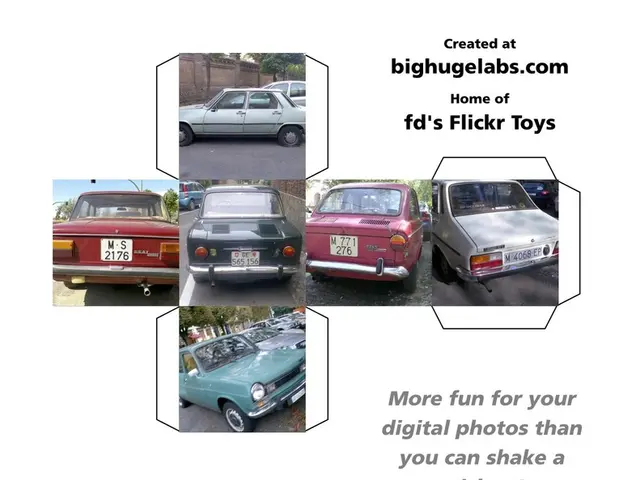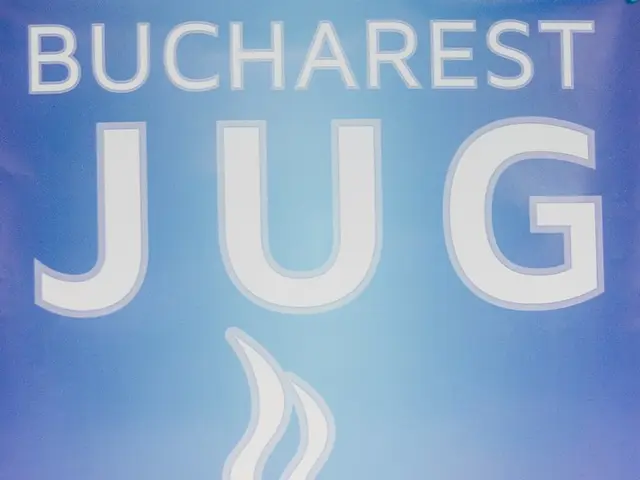BTS Group Aims for Net-Zero Emissions by 2050 with Solar Roofs and REC Expansion
BTS Group, operator of the Green Line Skytrain network in Bangkok, is committed to sustainable transport. Currently, at least 10% of the network's energy comes from Renewable Energy Certificates (RECs). The company aims to reduce its carbon footprint while ensuring accessibility and economic viability.
BTS Group has identified three key pillars for sustainable transport: Environmental Responsibility, Social Accessibility, and Economic Viability. The company has invested 400-500 million baht annually for over 30 years to improve operational efficiency.
Daniel Ross, a spokesperson, cited Switzerland, Netherlands, and Denmark as examples where local passenger rail transport dominates, enabling these countries to potentially reach net-zero emissions before 2050. BTS Group aims to follow this model.
To reduce greenhouse gas emissions, BTS plans to install Solar Roofs across 45 stations and maintenance centres, expected to generate 34 megawatts of electricity. This initiative aligns with the company's focus on Environmental Responsibility, which also involves reducing emissions from the transport sector, accounting for approximately 30% of Thailand's greenhouse gas emissions. Rail accounts for 15% of all travel but contributes only 3% of the sector's carbon footprint.
BTS Group's commitment to sustainability is evident in its plans to increase the use of renewable energy and reduce emissions. By improving accessibility and ensuring economic viability, the company aims to make public transport a more attractive option, contributing to a greener Thailand.
Read also:
- Reconsidering the Approach to Mountain Height Measurement?
- UK automaker, Jaguar Land Rover, to commit £500 million for electric vehicle manufacturing in Merseyside
- Standard Nuclear & Framatome Join Forces to Boost TRISO Fuel Production by 2027
- IAEA Urges Action as Zaporizhzhia Nuclear Plant's Power Crisis Worsens








